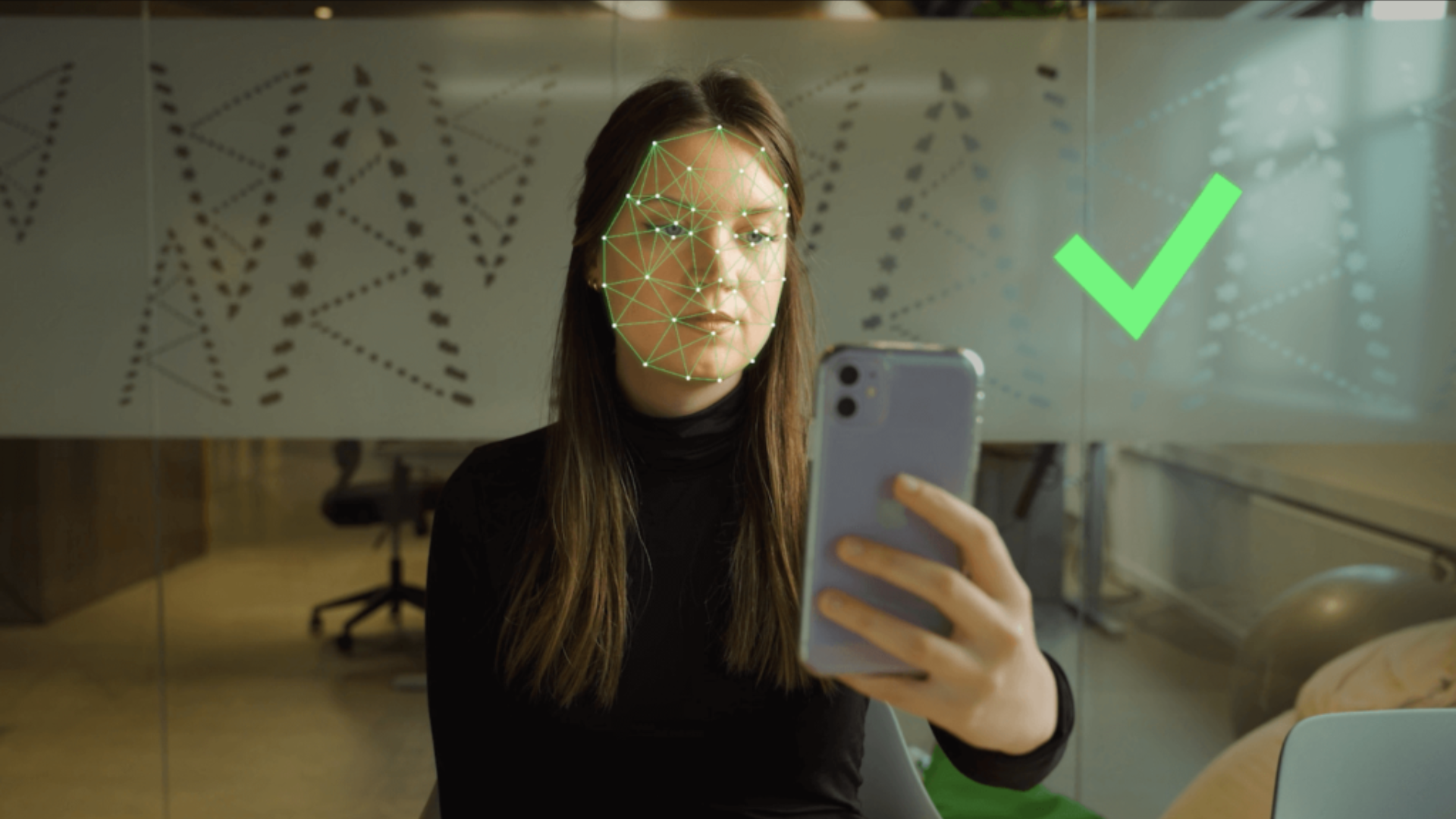
Selfie Authentication Scams: What You Need to Know and How to Avoid Them
Many online services utilize selfie authentication, a security feature that compares a user’s face in real time with a saved reference photograph to confirm the user’s identity. Despite its potential convenience, this approach is susceptible to a novel form of fraud called selfie authentication fraud.
How Does Selfie Authentication Fraud Work?
1. Deepfakes: Via synthetic media, malicious actors may produce incredibly lifelike deepfakes that mimic a person’s voice or look. They may create phoney selfies that closely mimic the visage of a real user by employing sophisticated AI algorithms.
2. Social engineering: Attackers may use social engineering techniques in conjunction with deepfakes to trick online services. They may, for example, send a phishing email with a link to a phoney login page that requests a selfie. The attacker can take a picture of the victim when they upload it and use it to make a deepfake.
3. Account takeover: The attacker can get past facial recognition security measures and obtain unauthorized access to the victim’s accounts by using a deepfake of the victim’s face.
Tips To Stay Safe From Selfie Authentication Fraud
1. Watch out for phishing attempts: Be sceptical of unsolicited emails, particularly ones that contain dubious links or request personal information. Links in emails from senders you don’t know should never be clicked.
2. Use strong passwords: Make sure your internet accounts have secure, one-of-a-kind passwords and face recognition. Don’t use the same password across several accounts.
3. Turn on two-factor authentication (2FA): 2FA requires a code to be delivered to your phone or email in addition to your password, adding a degree of protection.
4. Pay attention to social media privacy settings: To lessen the possibility that your photographs may be used to produce deepfakes, restrict who can view your posts and photos on social media.
5. Report suspicious activity: Get in touch with the service provider right once and report the occurrence if you think your account has been hacked.
You can protect your online accounts and yourself against selfie authentication scams by heeding these recommendations.



